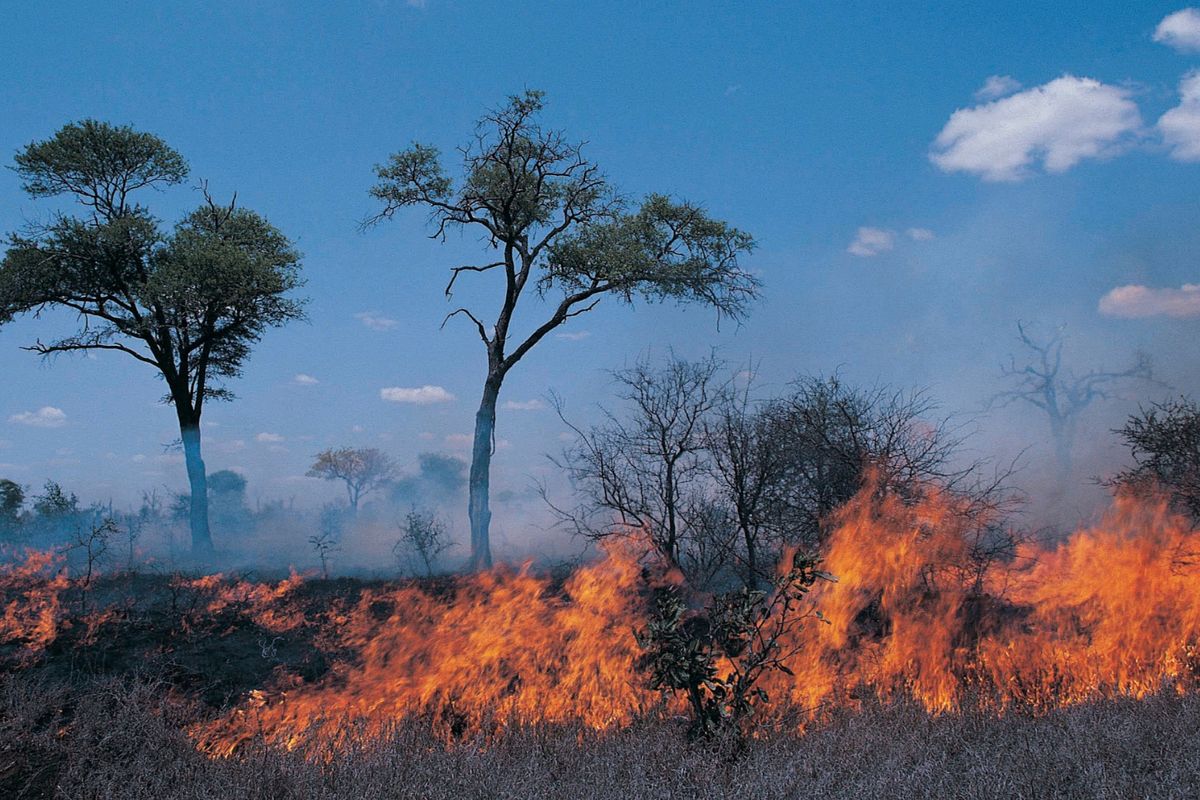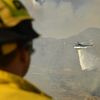This Year's Extreme Weather Consistent with Worsening Climate Change

Researchers at the University of Bristol in the west of England published a study last month that found that climate change could make extreme hurricane rainfall in the Caribbean five times more likely, without rapid cuts in emissions.
In the United States, warm waters in the Gulf of Mexico boosted Hurricane Laura to a category 4 storm in the last hours before it slammed into Louisiana with 150 mile-per-hour (240 kph) winds.
Governor John Bel Edwards described it as the most powerful hurricane to strike the state, surpassing even Katrina in 2005.
Tropical cyclones spinning out from the Indian Ocean are showing similar patterns.
The region has long been considered a hot spot for cyclones, with some of the deadliest storms in recent history churning through the Bay of Bengal before slamming into India or Bangladesh.
Exceptionally high surface temperatures in the Indian Ocean, associated with climate change, helped Cyclone Amphan grow into a Category 5 storm in a record 18 hours before it tore into the Indian state of West Bengal in May, scientists say.

The following month, Cyclone Nisarga, initially forecast to be the first to batter Mumbai since 1948, made landfall 100 km (65 miles) south of the city, with winds gusting up to 120 kph (75 mph).
"Both of the cyclones were unprecedented," said Roxy Mathew Koll, a climate scientist at the Indian Institute of Tropical Meteorology.
"If we go back to what led to these kinds of extreme events, what we see is that very warm ocean temperatures have played a major role."
Read also: Greta Thunberg and Young Activists Talk Climate Action with Angela Merkel
Those warm ocean temperatures are also likely contributing to extreme rainfall and flooding in China, which this summer suffered its most punishing flood season in three decades.
"The extreme rainfall events are going to become more extreme. That is something we feel pretty confident about," said Shang-Ping Xie, a climate scientist at the Scripps Institution of Oceanography in California.
Africa is feeling this now, following torrential rains and severe flooding. Tens of thousands have been left homeless by flooding from the Nile in Sudan.
And in Senegal, more rain fell on a single day on Saturday than the country would usually see during three months of the rainy season, the government said.
"There's a large and growing body of evidence that is telling us that human-caused climate change is affecting extreme events," said James Kossin, a climate scientist at the US National Oceanic and Atmospheric Administration.
"It's very rare that this is happening in a helpful way."
(Writer: Matthew Green | Editors: Katy Daigle, Lisa Shumaker)
Simak breaking news dan berita pilihan kami langsung di ponselmu. Pilih saluran andalanmu akses berita Kompas.com WhatsApp Channel : https://www.whatsapp.com/channel/0029VaFPbedBPzjZrk13HO3D. Pastikan kamu sudah install aplikasi WhatsApp ya.


































